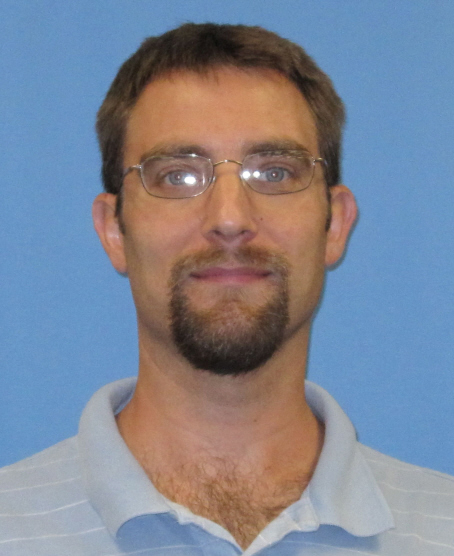- Lexington Technology Center
- Power Equipment Technology
Programs
Page Navigation
- Agricultural Science
- Automotive Collision Repair Technology
- Automotive Technology
- Building Construction Cluster
- Business, Marketing & Management
- Computer Science & IT
- Cosmetology
- Culinary Arts Management
- Digital Art & Design
- Electricity
- Finance
- Firefighting
- Health Science
- Law Enforcement Services
- Machine Technology
- Power Equipment Technology
- STEM (Science, Technology, Engineering & Math
- Teaching and Education
- Welding
- Other Opportunities

Phone: 803-821-3052
Email:
Degrees and Certifications:
Marty Rikard
I graduated from LHS in 1992 where I also completed Small Engine Technology 1 & 2. My instructor thought I was good enough to take to Skills USA where I won first place in the state for Small Engine Technology. We traveled to nationals that summer and I finished 24th in the nation at the SkillsUSA national conference. I worked as a lawn mower mechanic for one year out of high school then found a job as a marine technician where I worked for eleven years. After long consideration I took CATE classes with the state, took ADEPT classes with the district and took graduate courses with Clemson to become a teacher in the same classroom that I was taught in as a teenager. This is my Fifteenth year as a teacher and it's been great.

